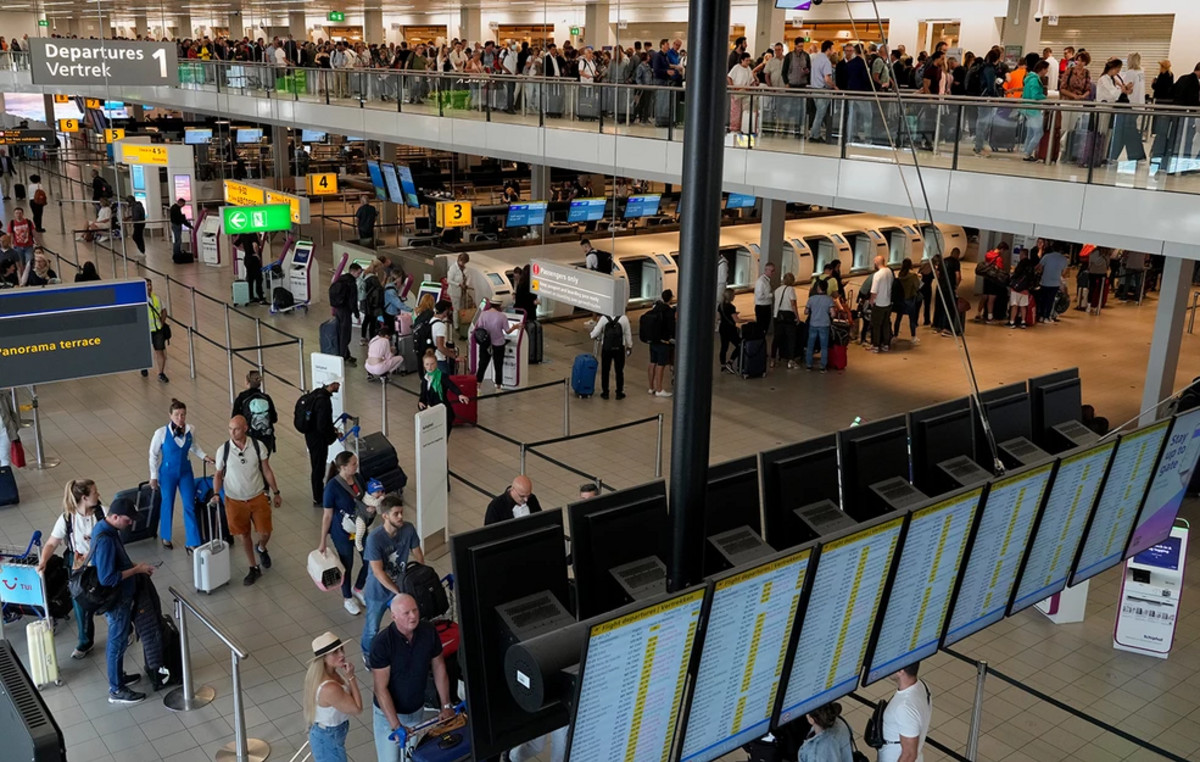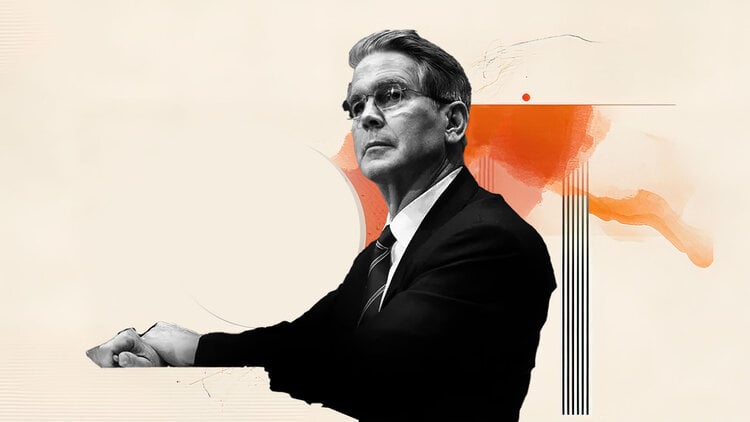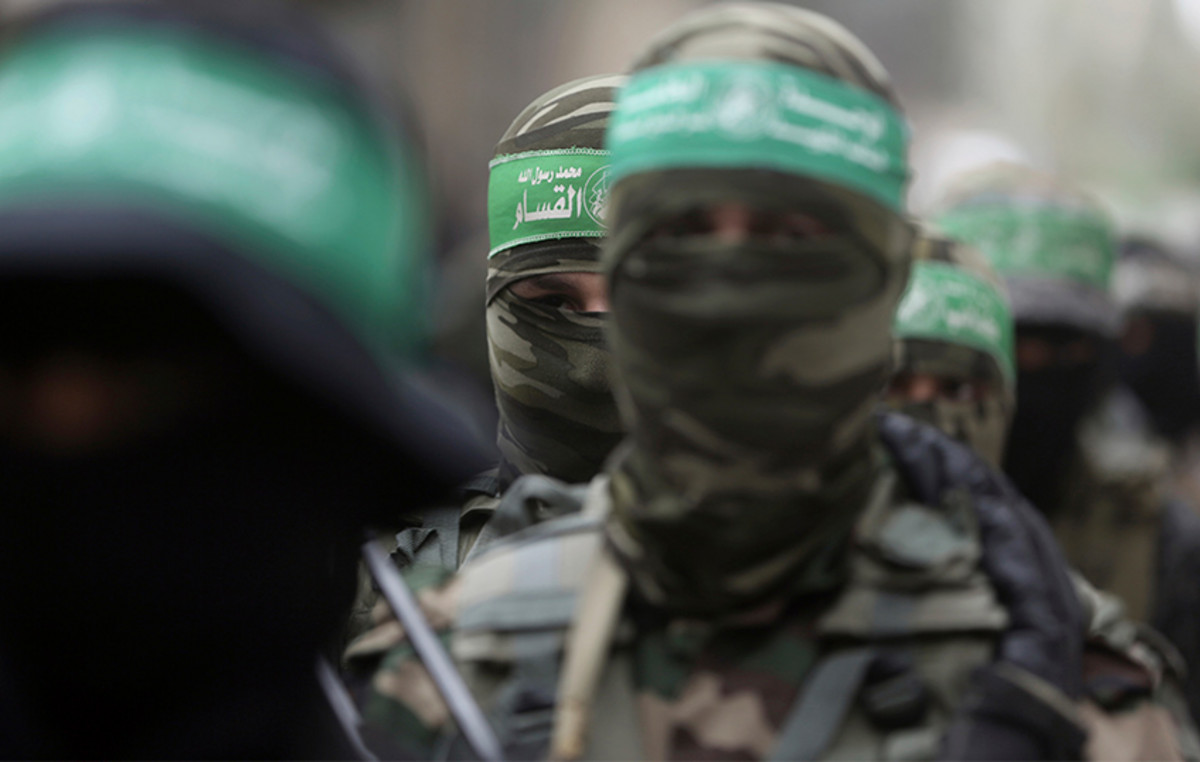The International Criminal Court (ICC) has issued arrest warrants for Russian President Vladimir Putin and Maria Lvova-Belova.
Lvova-Belova is the Russian official at the center of the alleged scheme to forcibly deport thousands of Ukrainian children to Russia.
The international body based in The Hague, Netherlands, announced the warrants in a press release this Friday (17).
In the statement, the ICC points out that Putin and Lvova-Belova are “allegedly responsible” for war crimes, illegal deportation of population (children) and illegal transfer of population (children) from Ukraine to Russia.
The ICC further stated that, although the warrants are confidential to protect the victims and safeguard the investigation, the fact that the war is still short and “that the public disclosure of the warrants can contribute to preventing the continuation of the commission of crimes”, it was decided disclosure of the existence of warrants.
Russia does not recognize ICC and should not comply with decisions, explains professor
In an interview with CNN Radio this Wednesday (15th), international law professor Manuel Nabais da Furriela explained that the Russians should reject the decisions of the ICC.
“Although Russia signed the treaty that created the ICC, it did not ratify the agreement, which would be the second act of validity. In addition, it revoked the first signature in 2015, ″she said.
For that reason, “Russia will not carry out the surrender of any of its citizens,” he added.
What is the International Criminal Court (The Hague Court)?
The Hague Court is actually called the International Criminal Court (ICC).
The (ICC) investigates and, when warranted, adjudicates individuals accused of the most serious crimes of concern to the international community: genocide, war crimes, crimes against humanity and the crime of aggression.
The Court has operated independently since July 2002 and its decisions can be enforced in 123 countries.
Formed by 18 judges from different countries, the body is one of the main entities linked to International Law, being responsible for the judgment of four specific types of crimes that violate human rights: against humanity, war, genocide and aggression.
Since 2018, the Hague Court has been chaired by Chilean Nigerian Judge Eboe-Osuji. Currently, the Court does not have Brazilian members, and the only representative from South America is the Peruvian Luz del Carmen Ibáñez Carranza. Brazilian judge Sylvia Steiner was part of the Court’s first body of magistrates and served in The Hague from 2003 to 2016.
How does the Court work?
The role of the International Criminal Court is usually a last resort, when the judiciary of a given country has failed to analyze a serious crime and promote justice.
However, the role of the Court is based on respect for the sovereignty of each nation. Therefore, the Hague Court only starts to analyze a complaint when there is clear evidence that the national courts have failed, whether due to inability, omission, lack of political interest or negligence.
In any case, cases analyzed by the justice of the country of origin can also reach the ICC, although the chances of the indictment being admitted are small. When a complaint is accepted by the Court, the crime does not prescribe. For this reason, a case filed in The Hague will have its judgment regardless of the time required.
In addition, the collegiate can only judge citizens of the 123 countries that have voluntarily accepted the jurisdiction of the Court and ratified the creation of the Court. Brazil is part of this list, since in September 2002 the then president Fernando Henrique Cardoso (PSDB) signed a decree confirming Brazil’s accession.
Russia, however, is not among the countries that recognize the decisions of the International Criminal Court.
Civil society entities, authorities and other groups can submit complaints to the ICC. After submission, complaints undergo an admissibility assessment. Then, in case of confirmation that it is a serious crime judged by the Court, the file is forwarded to a prosecutor, responsible for deciding whether to file or receive it.
The prosecutor’s assessment is usually thorough and aims to gather evidence to verify whether national courts have been silent. A case at the ICC can take years to reach a sentence.
The creation of the Court
The origin of the ICC is in the Rome Statute, elaborated during a conference in the Italian capital in 1998. The document presented the terms for the creation of a permanent and independent international court that would be responsible for judging and preventing international crimes of great gravity.
Since the end of World War II, international diplomacy saw the need to create an international court to judge crimes of great proportions against humanity.
Until then, international military tribunals were responsible for judging specific cases, such as those that tried war crimes committed by Germany and Japan during World War II.
At the end of the conference, 120 countries approved the creation of the International Criminal Court. Only seven nations opposed the statute: Qatar, China, United States, Yemen, Iraq, Israel and Libya. The body then began to operate on July 1, 2002.
Russia even ratified the Rome Statute, but later withdrew its signature. Therefore, Russian President Vladimir Putin would not have to comply with a possible sentence against him handed down by the Court, since the country is not part of the ICC.
Sentences handed down in The Hague
Since its founding, the ICC has analyzed 30 cases, with ten convictions and four acquittals. In addition, the judges of the Court have already issued 35 arrest warrants and 17 people have been arrested in the Hague Detention Center.
Whenever there is a sentence, it must be served in the country of origin of the judged individual. Some of the most notorious convictions of the Court are:
- Thomas Lubanga: was the first convicted since the creation of the Hague Court. His sentence was handed down on July 10, 2012 after eight years of proceedings. He was sentenced to 14 years in prison for leading a rebel movement in the Democratic Republic of Congo and recruiting children under 15 to fight in armed conflicts in the region;
- Germain Katanga: sentenced to 12 years in prison in 2014 for leading an attack that resulted in the massacre of a village in the Democratic Republic of Congo in 2003. Katanga was accused of crimes against humanity;
- Bosco Ntaganda: received the maximum sentence of 30 years in prison for war crimes and crimes against humanity for his role in Congo’s civil war. The former general of the Democratic Republic of Congo received a total of 18 charges for crimes including rape and murder;
- Ahmad al-Faqi al-Mahdi: Sentenced to nine years in prison in 2016, the Malian professor was charged with war crimes for destroying holy shrines, historic buildings and religious buildings. He had links to the Islamic fundamentalist group Anser Dine, an al-Qaeda ally.
(Posted by Leo Lopes)
Source: CNN Brasil
Bruce Belcher is a seasoned author with over 5 years of experience in world news. He writes for online news websites and provides in-depth analysis on the world stock market. Bruce is known for his insightful perspectives and commitment to keeping the public informed.







